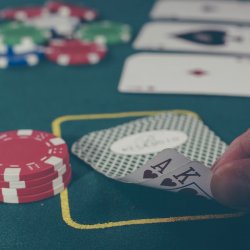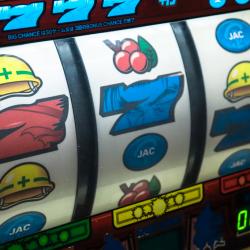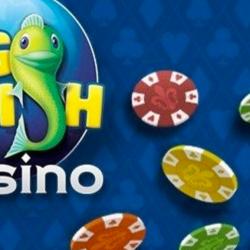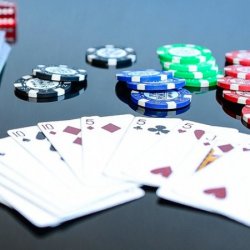Preventing Relapse: Strategies for Maintaining Recovery from Gambling Addiction
Recovery from gambling addiction is a courageous journey that requires commitment, self-awareness, and ongoing effort. While establishing sobriety is an important step, avoiding relapse and maintaining long-term recovery is equally important. Remember that relapse is not a failure; it is a normal part of the healing process. If you ever find yourself in a bind, don't be afraid to seek expert assistance and reach out to your support network. You have the strength and resilience to overcome your gambling addiction and build a better, healthier future for yourself.
Gambling addiction is an uncontrollable and obsessive need to gamble in the face of unfavorable consequences. Individuals who have this addiction struggle to manage their gambling tendencies, resulting in significant financial, personal, and societal consequences. Addiction can progress to the point that people prioritize gambling above other vital elements of their lives, resulting in considerable financial losses, broken relationships, and emotional anguish.
Continue reading to understand practical strategies to help individuals who have overcome gambling addiction stay on the path to recovery, ultimately leading to a healthier and more fulfilling life.
1. Identify and Manage Triggers
Recognizing the situations, emotions, or circumstances that trigger the urge to gamble is the first step. These triggers can vary widely and may include stress, financial instability, peer pressure, boredom, or even exposure to gambling-related advertising and environments. Once identified, work on strategies to manage and cope with these triggers. This might include seeking gambling addiction help from a therapist, practicing stress-reduction techniques, or finding alternative activities to engage in during high-risk situations.
2. Create a Support System
Building a solid support system is crucial. Surround yourself with friends and family who understand your journey and can offer encouragement. Support groups, therapy, and counseling can also provide invaluable assistance in maintaining recovery by connecting you with others facing similar challenges.
3. Financial Management:
Effective financial management is essential to avoid the temptation to gamble away your money. Create a budget, seek financial advice, and consider limiting access to your finances, such as joint bank accounts or placing financial restrictions on credit cards.
4. Develop Healthy Coping Mechanisms
Replacing gambling with healthy coping mechanisms is critical to long-term recovery. Engage in activities that provide a sense of achievement, such as pursuing hobbies, exercise, or volunteer work. These positive outlets can boost your self-esteem and help fill the void left by gambling.
5. Self-Monitoring
Regular self-assessment and self-monitoring are essential. Pay attention to your thoughts and feelings related to gambling and seek professional help if you detect any signs of relapse. Remember, acknowledging potential relapse is a sign of strength, not weakness.
6. Set Clear Goals
Establish clear and realistic goals for your recovery. These goals can be both short-term and long-term and may include financial milestones, personal achievements, or relationship improvements. Having specific targets can keep you motivated and focused on your recovery journey.
Preventing relapse is a critical aspect of maintaining recovery from gambling addiction. It requires a combination of self-awareness, support, and proactive strategies. By identifying and managing triggers, building a robust support system, practicing financial responsibility, developing healthy coping mechanisms, monitoring your progress, and setting clear goals, you can significantly reduce the risk of relapse and lead a fulfilling, gambling-free life.
More to Read:
Previous Posts:









